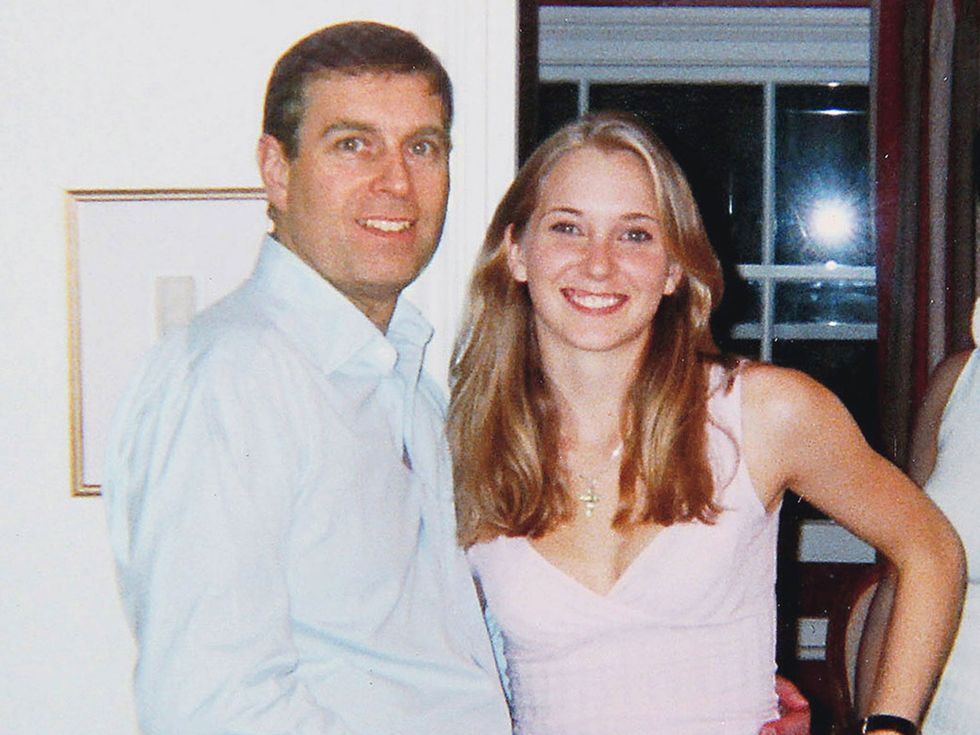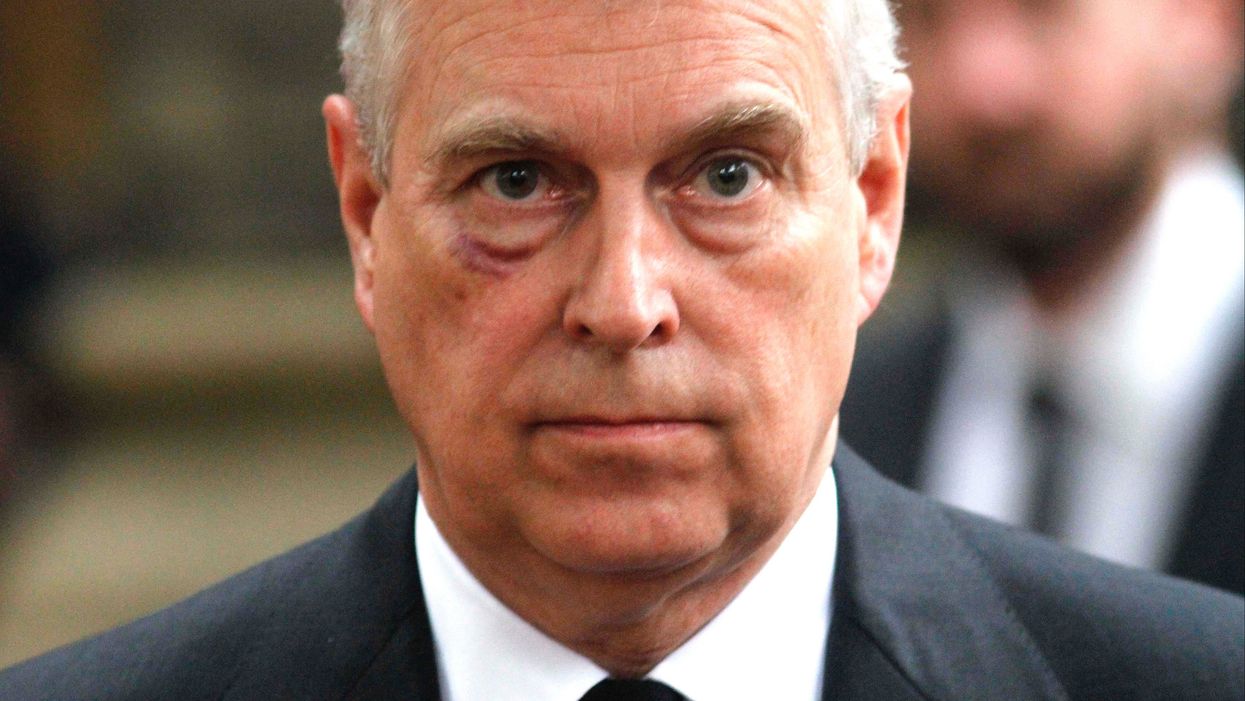News
Becca Monaghan
Jan 12, 2022
Prince Andrew, 61, will be tried over Virginia Roberts Giuffre’s sexual assault allegations after a US judge rejected his attempt to have the civil case dismissed.
Wednesday’s decision was a massive blow for the Duke of York. His lawyer previously argued the case “should absolutely be dismissed” because Giuffre had waived her right to pursue Andrew through a confidential settlement with sex offender financier Jeffrey Epstein.
Judge Lewis A Kaplan of the United States District Court for the Southern District of New York stated that an agreement in the civil settlement between Jeffrey Epstein and Virginia Giuffre “cannot be said” to stop the lawsuit.
He said the key phrase Andrew’s lawyers relied upon - that “other potential defendants” were covered by the settlement deal - was “far from self-evident for a number of reasons.”
Buckingham Palace declined to comment, saying: “We would not comment on what is an ongoing legal matter.’’
Sign up to our new free Indy100 weekly newsletter

What are the allegations against Prince Andrew?
In court documents, Virginia Giuffre said she was the victim of sex trafficking and abuse by late billionaire Jeffrey Epstein. She alleges that Epstein forced her to have sex with his friends – one being the duke. She was 17 at the time.
Giuffre is suing Andrew for battery and infliction of emotional distress.
Prince Andrew has consistently denied the claims, saying he shouldn’t be liable because of a 2009 non-prosecution agreement between Epstein and Giuffre.
He said she is looking for a “payday at his expense.”
What did judge Lewis Kaplan say?
Outlining his decision, Kaplan said: “The 2009 Agreement cannot be said to demonstrate, clearly and unambiguously, the parties intended the instrument ‘directly,’ ‘primarily,’ or ‘substantially,’ to benefit Prince Andrew.
“The existence of the requisite intent to benefit him, or others comparable to him, is an issue of fact that could not properly be decided on this motion even if defendant fell within the releasing language, which itself is ambiguous.
“Thus, independent of whether the release language applies to Prince Andrew, the agreement, at a minimum, is ‘reasonably susceptible to more than one interpretation’ on the equally important question of whether this defendant may invoke it.”
Continuing his ruling, Judge Lewis Kaplan said: “The fact that the defendant has brought the matter before the Court on a motion to dismiss the complaint as legally insufficient is of central importance.
“As is well known to lawyers, but perhaps not known to the lay public, the defendant, by making this motion, placed upon the court the unyielding duty to assume, for the purposes of this motion only, the truth of all of plaintiff’s allegations and to draw in plaintiff’s favour all inferences that reasonably may be drawn from those allegations.
“In consequence, the law prohibits the Court from considering at this stage of the proceedings defendant’s efforts to cast doubt on the truth of Ms Giuffre’s allegations, even though his efforts would be permissible at trial.
“In a similar vein and for similar reasons, it is not open to the Court now to decide, as a matter of fact, just what the parties to the release in the 2009 settlement agreement signed by Ms Giuffre and Jeffrey Epstein actually meant.”
Continuing to outline his reasons to deny a motion to dismiss the civil case against the Duke of York, Judge Lewis Kaplan added: “Ms (Virginia) Giuffre’s complaint is neither ‘unintelligible’ nor ‘vague’ nor ‘ambiguous’.
“It alleges discrete incidents of sexual abuse in particular circumstances at three identifiable locations. It identifies to whom it attributes that sexual abuse.
“Defendant nevertheless holds out that he cannot reasonably prepare a response because plaintiff has not described ‘what purported sexual contact occurred… when and where the incident occurred, or the forcible compulsion she was under due to express or implied threat’ to the degree of specificity he would like.
“While he understandably seeks more detail about the precise details of plaintiff’s claims, he will be able to obtain that detail during pretrial discovery.
“Moreover, defendant’s assertion that he cannot reasonably prepare a response to plaintiff’s allegations plainly contradicts the content of his moving papers, in which he denies Ms Giuffre’s allegations in no uncertain terms.”
What happens next?
Judge Kaplan said a trial could commence between September and December 2022.
If Prince Andrew loses the civil case, he could be stripped of his Duke of York title and face an “internal exile” from the royal family.
Top 100
The Conversation (0)













